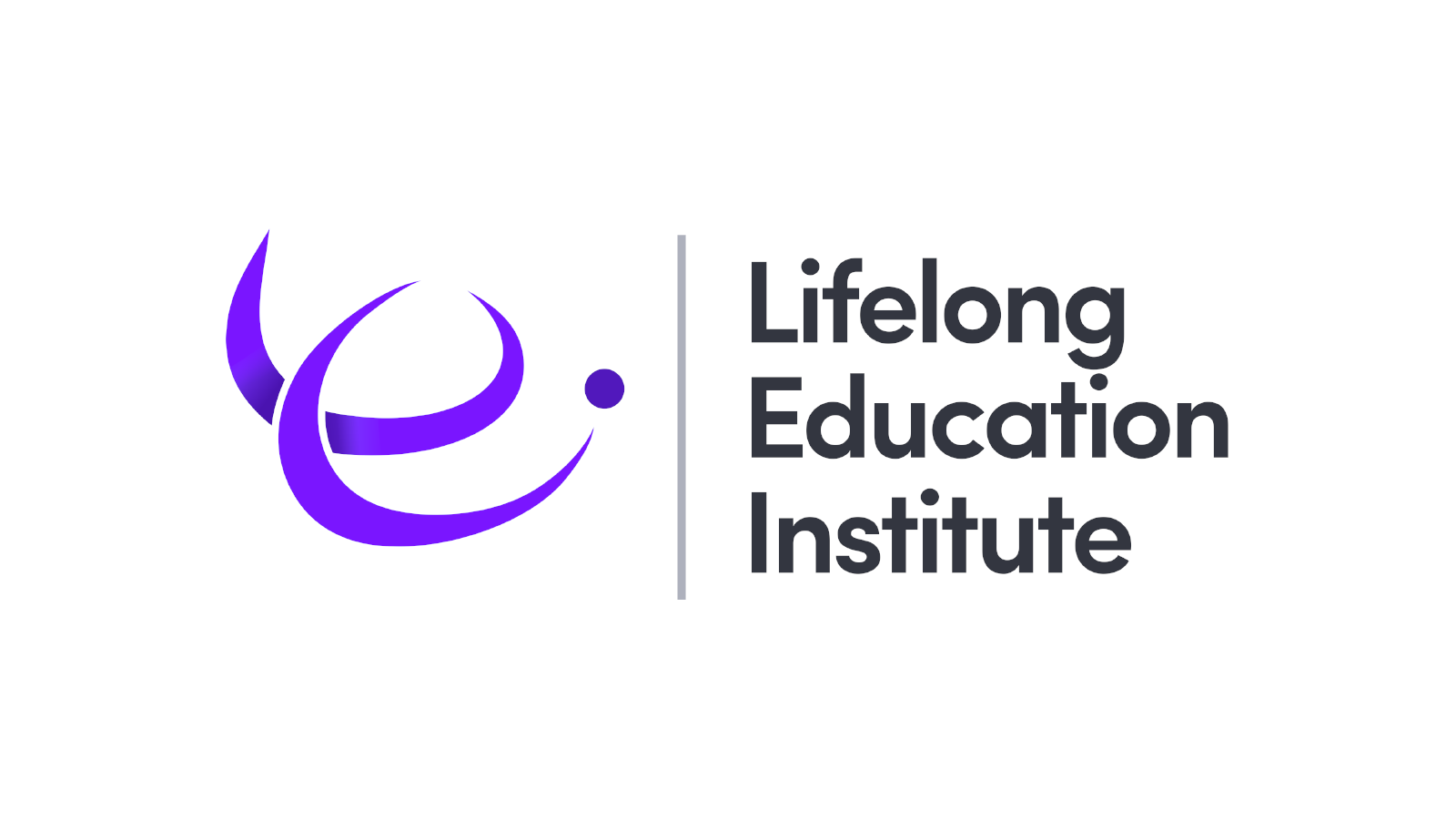At the heart of the government’s new Lifelong Loan Entitlement initiative is a reliance on adults taking on loans to fund the courses they hope will advance their career and earning prospects.
But there is plenty of evidence that loans are not popular with most working adults, and if this is true, it will be a big barrier to participation, and threaten to undermine the success of this exciting new idea.
It’s worth noting that the loans envisaged as being on offer through the proposed new LLE system are unlike any other type of loan. When a house owner takes out a loan for a new kitchen, for example, they will expect to get an immediate benefit in terms of the utility and enjoyment of having a lovely new facility. They will also hope that the new kitchen will increase the value of the house, strengthening their position in the housing market.
In contrast, a loan for an adult taking a course and qualification to re-skill or up-skill themselves, doesn’t deliver any immediate tangible benefit. The course may be enjoyable and interesting, but only when it’s successfully completed will it deliver increased earnings and better career prospects, and this benefit is in most cases not guaranteed. Many factors, such as the overall health of the economy and the state of the labour market will play a part in whether a better paid job will be secured, not to mention personal factors such as job search and interview skills. So adults are, in essence, being asked to take out a speculative loan. This is only likely to be attractive to those who have a strong appetite for risk, usually because they have the financial resources to cope with the possibility of a poor return on their investment.

